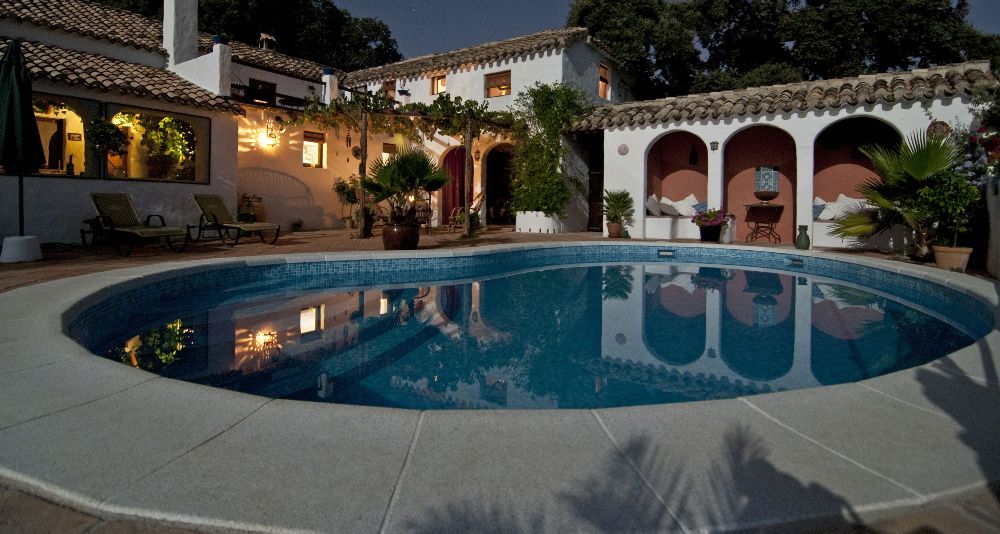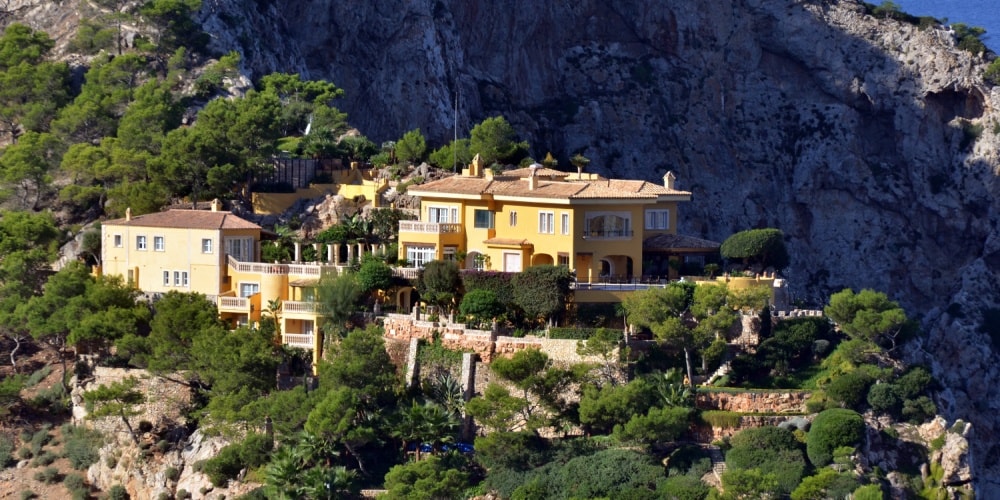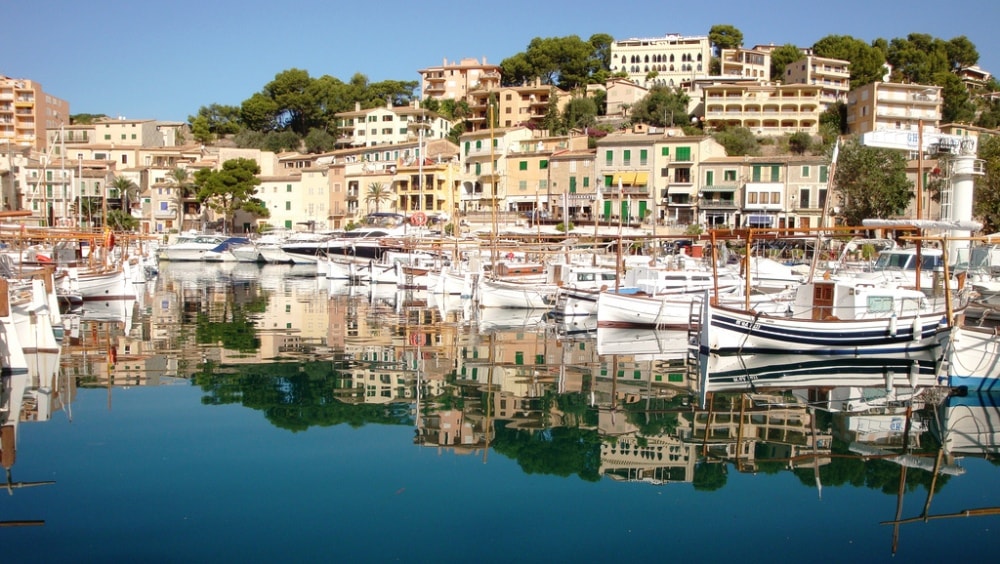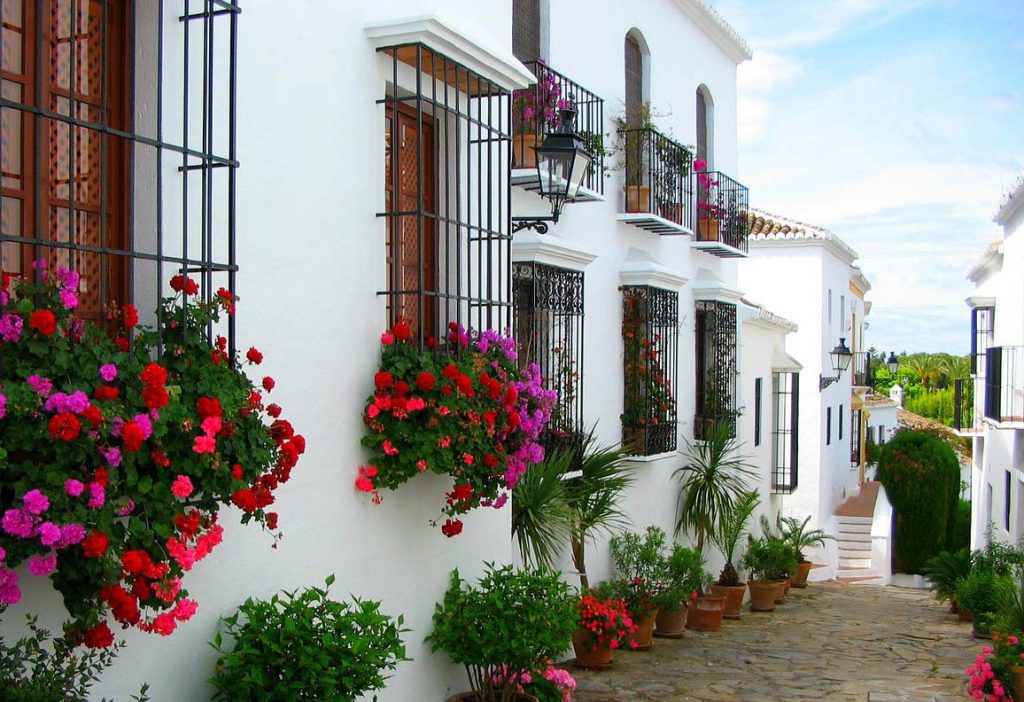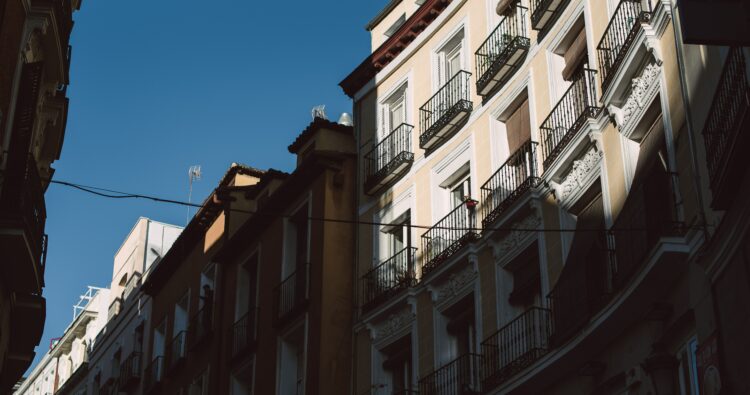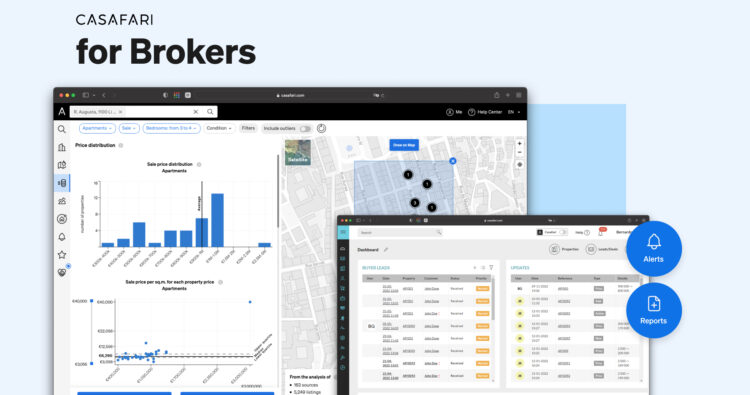In our third and final Buying Property in Spain Guide series we provide you with advice on negotiating the taxes and costs involved in a Spanish property investment.
Costs and taxes payable when buying property in Spain
In addition to the purchase price of the property, if you’re looking at property in Spain you need to be aware of taxes and other costs, which they are liable for. These may include Notary and estate agent fees as well as property registration costs. Some taxes, such as VAT and Stamp Duty, are mandatory, while others like Wealth Tax only apply to some properties. It’s advisable to avoid cash transactions and to use cheques or bank transfers where possible.
The following costs may be involved in purchasing a property in Spain:
-
- The purchase price, paid to the seller
- VAT & Stamp Duty, payable on a new build, commercial property or building plot
- Transfer Tax, payable on the resale of an existing property
- Income Tax provisions as well as Capital Gains Tax, payable by the seller
- Fees to estate agents and buyers’ agents (depending on agent’s fee structure)
- Notary fees
- Legal fees (optional)
- Deed registration fee
- Bank charges and NIE number fee
- Surveyor’s fee (optional)
- Fees for administrative agents (optional)
Purchase price
The first step is the sale, which involves payment of the deposit followed by the full amount; do ensure to extract the deposit from the final payment. Usually, this transaction involves a number of separate cheques, payable to the seller, as well as the lawyer and the Notary. These should include any relevant taxes.
VAT and Stamp Duty pertaining to new builds, commercial properties and building plots
VAT in Spain is known as IVA, and is payable when buying a new, previously unoccupied residential property, a commercial property, or plot of land. It’s a national tax and is calculated according to the location of the property, although the Canary Islands are an exception as they have their own indirect rate of VAT.
As of 2019, VAT is 10% of the purchase price of a residential property such as an apartment, finca, or villa, and 21% of that of a commercial property or plot of land, including garages. In the Canary Islands, VAT is known as IGIC, or Impuesto General Indirecto Canario, and equates to 6.5% of the purchase price.
Stamp Duty, or Actos Jurídicos Documentados (AJD), is also payable to the regional authority, and the rate can vary between regions but is usually between 0.75% and 1.5% of the purchase price. For instance, in the Balearic Islands, AJD is currently 1.2%, in Catalonia 1.5% and in the Canary Islands 1%. When purchasing privately, you’ll need to complete an official self-settlement tax form. If you’re using an agent or a lawyer, they will assist you with VAT, Stamp Duty and other taxes.
See below an example of how VAT and Stamp Duty are added to the purchase price of a property in Spain.
Example:
A newly built villa in Portals Nous, Mallorca, Balearic Islands
Purchase price €2,000,000 + 10% VAT (€200,000) + Stamp Duty at 1.2% (€24,000) = €224,000
A plot in Port d’Andratx, Mallorca, Balearic Islands
Purchase price €700,000 + 21% VAT (€147,000) + Stamp Duty at 1.2% (€8,400) = €155,400
A supermarket in Barcelona
Purchase price €2,500,000 + 21% VAT (€525,000) + Stamp Duty at 1.5% (€37,500) = €562,500
A penthouse in Santa Cruz de Tenerife
Purchase price €600,000 + 5% VAT (€30,000) + Stamp Duty at 1% (€3,000) = €33,000
Transfer Tax payable on the sale of a previously owned property
In Spain, Transfer Tax is known as Impuesto de Transmisión Patrimonial, or ITP. If you are purchasing a previously owned property, you are exempt from VAT and Stamp Duty, but you do have to pay ITP to the local authority. The amount payable is set by the local authority and usually ranges between 6% and 8%, but can be as much as 10%. Take a look at the table below.
| Region | Transfer Tax rate (2019) |
| Balearic Islands | Purchase price up to €400,000 – 8%
Purchase price from €400,001 to €600,000 – 9% Purchase price above €600,001 – 10% |
| Andalucia | Purchase price up to €400,000 – 8%
Purchase price from €400,001 to €700,000 – 9% Purchase price above €700,001 – 10% |
| Catalunya | 10% |
| Madrid | 6% |
The ITP value is calculated by the number of property deeds (Escrituras) involved, meaning that if, for example, you purchase a house for €1,000,000 containing four equal apartments with their own separate Escrituras, there will be four separate ITP transactions. If each of these are valued at €250,000 (€1,000,000 / 4 = €250,000), they will be taxed at 8% according to the corresponding Transfer Tax rate for properties under €400,000. See below for an example.
Example:
Resale Villa in Son Vida, Palma de Mallorca: 3 apartments each with their own Escritura
Purchase price €1,000,000
8% on €400,000 = €32,000
8% on €200,000 = €16,000
8% on €400,000 = €32,000
Total ITP payable: €32,000 + €16,000 + €32,000 = €80,000
By contrast, if there is only one Escritura for the entire house, the ITP will be measured by the total value of €1,000,000, meaning that the ITP payable is 10%.
You have one month from the date the deed is issued to pay Transfer Tax and Stamp Duty; only after paying these taxes can you register the property.
- If the property is located in a provincial capital, you will need to go to the tax office for the local authority known as the Delegación de Hacienda
- If the property is located in a town which is not a provincial capital – go to the district settlement office located in the offices of the property registry or Oficina Liquidadora de Distrito
Capital Gains tax, payable by the seller
Capital Gains tax is payable by the seller on assets being sold for more than they were acquired for; in other words, it is a tax on any profits made selling a property. In the case of the seller being a non-resident, the buyer withholds 3% of the purchase price to be paid directly to the Delegación de Hacienda. See an example below.
The rate of tax is currently 19% for residents of the European Union and 24% for non-EU citizens. In some cases, the Capital Gains tax due may be more or less than the 3% value paid to the authorities by the buyer, at which point they have three months from the date of sale to either pay the extra tax due or claim a refund. This transaction should also be done at the local Delegación de Hacienda.
Capital Gains Tax is calculated on the net profit, which is a combination of the purchase price, the purchase costs and maintenance costs, and it will be necessary to produce all relevant receipts. In Mallorca, for instance, the Capital Gains Tax due is often greater than the 3% withheld, and the Spanish tax authorities have the right to visit your home in order to check this.
Example:
A person living in London sells a holiday villa in Son Vida, Palma de Mallorca, for €1,000,000 in November 2018. The buyer withholds 3% (€30,000) and pays it to the Delegación de Hacienda. The seller originally purchased the villa in 2007 for €400,000, with additional costs of €50,000 plus €200,000 to refurbish and maintain the villa.
The net profit is calculated at €1,000,000, minus the €650,000 in purchase and maintenance costs. The result is a capital gain of €350,000, with a Capital Gains tax being 19% of this (€68,250). In this case the seller, a UK resident, is not entitled to a refund given the tax due is more than the value of 3% of the purchase price. The Spanish tax authorities can even issue a demand for a further €38,250.
Real estate agents fees
When it comes to property in Spain, estate agent fees are paid by the seller. Agents’ fees are between 3% and 6% of the purchase price plus 21% VAT; this is deducted by the Notary upon completion of the purchase. However, if buyers also hire agents to represent their interests, usually they are not liable for any fees as this the commission is split with the two representing estate agents. The seller must still pay the same fee, regardless of whether a buyer uses a buyer’s agent or not.
Notary fees
The Notary is an independent government representative and charges for authorising the deed of purchase and the mortgage deed. The law dictates that the seller pays for the authorisation of the deed but the buyer only pays for copies of the deed.
However, nowadays it’s normal for the buyer to pay the whole cost, and if there is a separate agreement with the seller, then the law here may not apply.
Notary fees are set by the government according to the value of the property, and range from 0.1% for properties above €400,000 and around 0.4% for properties valued at less than €100,000. In Mallorca, the fee is usually between €1,000 and €3,000, given the average price of property on the island.
If there is a mortgage, then the Notary fees are also due on the mortgage deeds. As a guide, include an extra 0.25% of the purchase price of the property to include these.
Legal Fees
Should you decide to hire a lawyer to undertake the due diligence, the average fee is between 0.5 and 1.5%, which can be negotiated with your chosen law firm. Your lawyer will investigate any liabilities relating to the property such as borrowings, outstanding mortgages or loans and will inform you of any building licenses, land registry entries or infringements.
They will also investigate the legal ownership and check the title deeds.
We strongly advise that you hire a lawyer, particularly if this is your first time buying property in Spain and want a smooth, uncomplicated property transaction.
Deed registration fee
You will need to register the title deed at the local office to guarantee that your property ownership rights are fully protected; the deed will contain information about the relevant office you must use. The fee for this is a standard 0.4% for properties valued at €6,010, which reduces to 0.02% above €6,010,121.
Banking fees and NIE number
As a non-Spanish citizen, before you carry out any financial activity in Spain you will need a tax number, or a Número de Identificación de Extranjero (NIE). This costs €9.64 and you can complete the application process either at the Spanish embassy in your home country or at the Immigration Office or a Spanish National Police station.
Monthly bank charges are around €20. After opening a bank account, you will need to make out a banker’s cheque, equivalent to around 0.5% of its amount, but can be often discounted to 0.1% (€1,000 Euros for a €1,000,000 transaction), but be sure to consult your bank. If you are transferring money from abroad to a Spanish bank account, check the charges for this, as they may not be applicable due to the European SEPA bank transactions scheme.
Surveyor Fees
It’s always advisable for the buyer to have the property inspected by a chartered surveyor, in order to identify any factors that might have an impact on its value. Chartered surveyors are covered by a professional indemnity, and so in the case of anything going wrong, compensation may be available. On average, surveyor’s fees are between €1,000 and €2,000.
Administrative Agents
If you have contracted an administrative agent to assist with the paperwork, you should allow for a further €1,000 to €2,000, though if you work with an agent or lawyer they will handle this paperwork on your behalf. Ensure that VAT is included when you receive any price quotation: in many cases VAT is only included in the final invoice, so it’s certainly worth double checking this.
The cost of owning property in Spain
Having calculated the cost of buying property in Spain, let’s now examine how much it costs to maintain and own the property. Any home will need regular upkeep and maintenance, so have a budget in place for this, as well as for other outgoings such as maintaining a swimming pool and garden. There will also be costs for cleaning, refurbishment, utility bills and general repairs. These will depend on the size of the property and your choice of service provider.
As a property owner you will also be liable for taxes and other fees, including:
-
- Property Ownership Tax (Impuesto Sobre Bienes Inmuebles – IBI) is a local tax on ownership, which applies to both residents and non-residents. This is calculated at the administrative value (Valor Catastral) of the property which is usually much lower than the market value and can be between 0.4% and 1.2%, though it varies between different regions in Spain.
- Annual Wealth Tax (Impuesto Sobre Patrimonio) is also payable by both residents and non-residents on highly-valued assets, starting from those valued at €700,000 (€500,000 in Catalonia). Non-residents pay this tax at a rate of between 0.2% and 2.5% on their Spanish property: the more the property is worth, the more you pay.
- Personal Income Tax (Impuesto Sobre la Renta de No Residentes – IRNR) is applicable to non-residents who own property in Spain; the rate you pay will depend on whether the property is rented out or not. Property owners who don’t let their home and who have no income in Spain will pay income tax according to the value of their property. The rate is fixed and is calculated at 25% of 2% of the administrative value of the property. As mentioned above, though, the administrative value is significantly lower than the actual market price.
Non-residents who rent out their property will need to declare their rental, and tax is paid after the deduction of expenses. As of 2019, the income tax rate for EU/EEA residents is 19% of the net rental income after deduction of expenses; this rate is 24% for non-EU/EEA citizens. However, the rate of tax is calculated according to each individual case, taking into account double taxation treaties. - Community Fees are payable by the owners of properties when they are part of any development or complex where all the owners share a common area and are legally members of the community (known as a Comunidad de Propietarios). The owners jointly approve the budget at their annual general meeting and fees depend on the size of your area, maintenance costs and service charges. The fees do vary and you’re advised to check them before you make the purchase.
- Utility charges including electricity, water, telephone and heating are deductible from your bank account on a monthly basis and these costs are usually comparable to those in other European countries.
- Insurance also needs to be taken into consideration. Fire insurance is a statutory obligation if you take out a mortgage, whilst household Insurance will protect your home and furniture. The main insurers for property in Spain include AXA Seguros, Liberty Seguros, and Helvetia, and it is best to obtain comparative quotes and offers.
Buying property in Spain needn’t be a hassle as long as you know what to expect. Now that you are aware of the main taxes and costs involved, you are one step closer to enjoying your property in the sun!
Interested in buying property in Spain? Use our Area Guides for real-time property price averages and detailed neighbourhood information.
